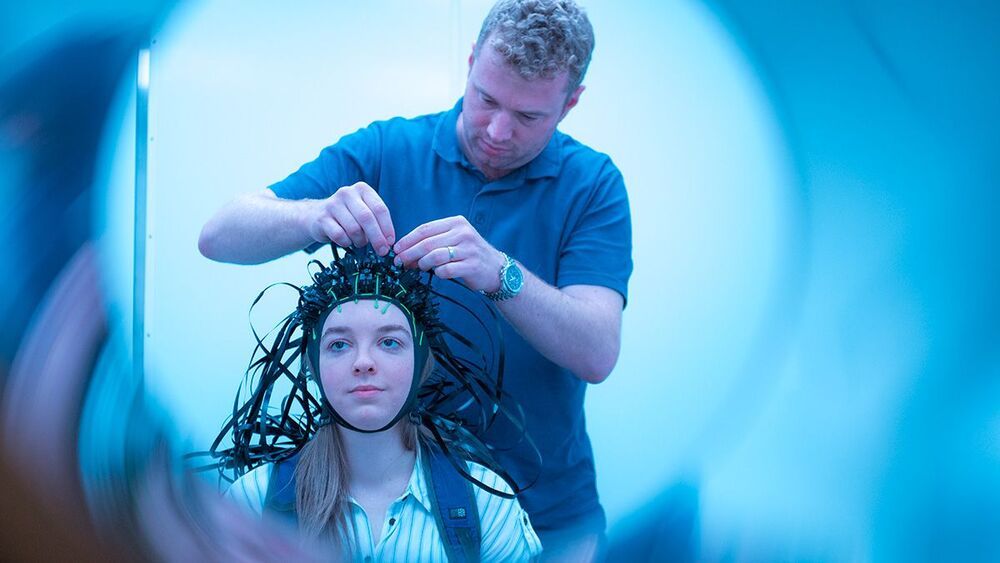Mobile-phone chargers and other devices could become much smaller after an all-RIKEN team of physicists successfully shrunk an electrical component known as an inductor to microscale dimensions using a quantum effect.
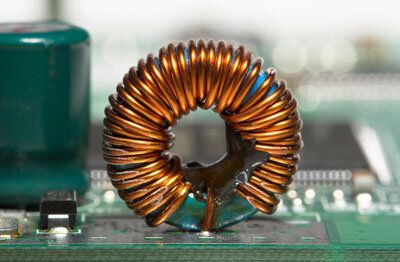

In this video I show how I made a self-organisating network of Kuramoto-style oscillators in a system undergoing metaheuristic-guided synchronization. There are also ways to visually demonstrate this with relatively simple hardware, such as using modified microelectronics, controlled using microcontroller circuits.
In this project, which I have dubbed “Feynman’s Quantum Fireflies” I program individual systems of oscillators which display discontinuous pas coupling which can be implemented in a network of transceiver circuits. Using the Path Integral Approach is one way to understand how the system behaves like a quantum thermal bath.
This example is a self-organising network of flashing optical transceiver circuits, each circuit containing and RGB LED and phototransistor.
Each circuit is programmed under a simple principle of discontinuous pas-coupling as discussed before to achieve synchronization but this results in behavior across the entire network space that is a collective emergent behavior that has not been explicitly programmed, it emerges as a discrete simulation of a pseudo-quantum system.
This emergent behavior of the network is in fact a visual demonstration of how the network regulates itself over time to the most energy efficient configuration possible, which is to the state of most uniform synchronisation.
We can understand this synchronized state as being the ground state of our whole system, which the set of oscillators wants to head towards.
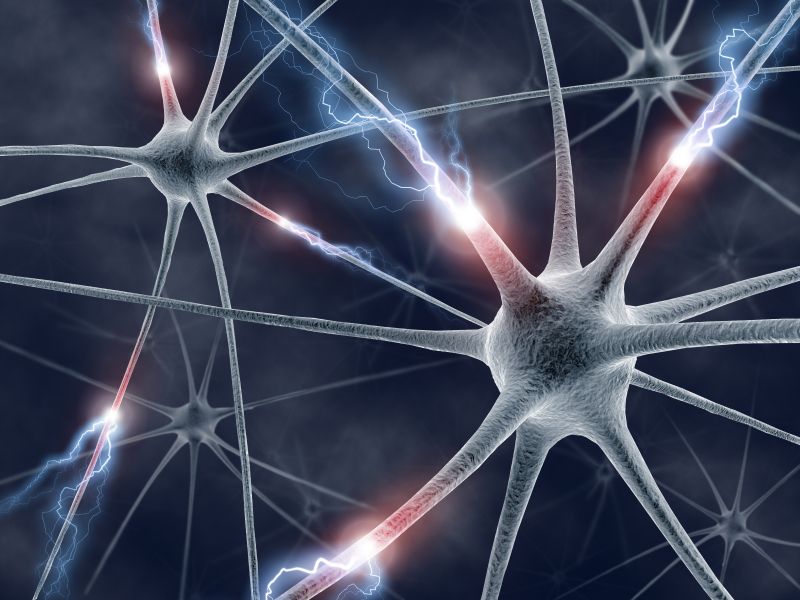
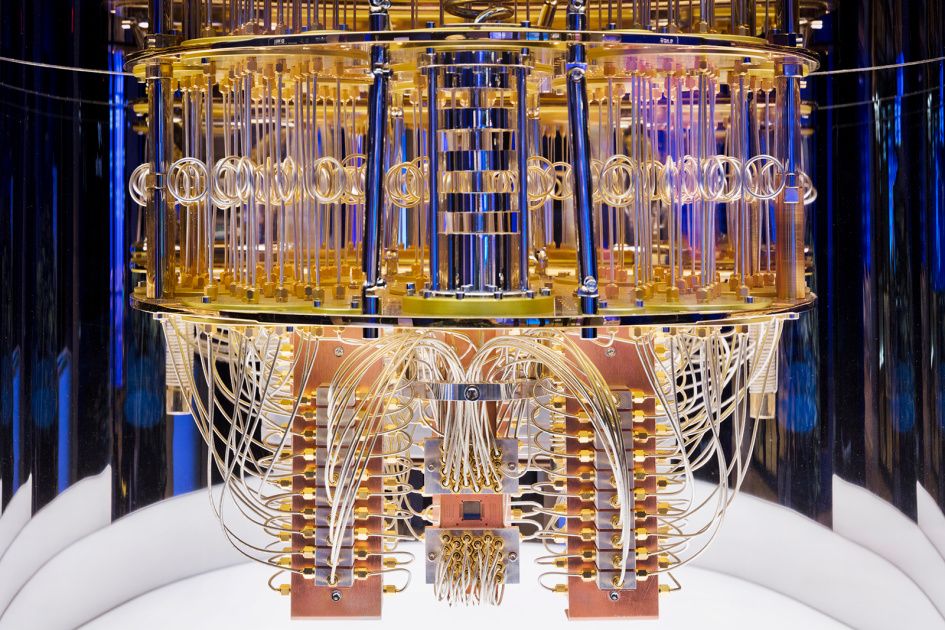
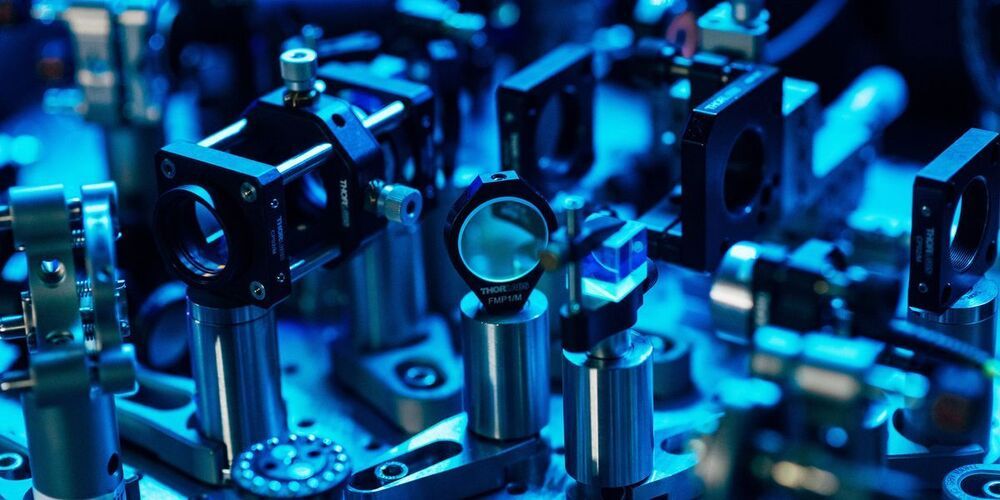

Could there be a new kind of light in the universe? Since the late 19th century, scientists have understood that, when heated, all materials emit light in a predictable spectrum of wavelengths. Research published today in Nature Scientific Reports presents a material that emits light when heated that appears to exceed the limits set by that natural law.
In 1900, Max Planck first mathematically described a pattern of radiation and ushered in the quantum era with the assumption that energy can only exist in discrete values. Just as a fireplace poker glows red hot, increasing heat causes all materials to emit more intense radiation, with the peak of the emitted spectrum shifting to shorter wavelengths as heat rises. In keeping with Planck’s Law, nothing can emit more radiation than a hypothetical object that absorbs energy perfectly, a so-called “blackbody.”
The new material discovered by Shawn Yu Lin, lead author and a professor of physics at Rensselaer Polytechnic Institute, defies the limits of Planck’s law, emitting a coherent light similar to that produced by lasers or LEDs, but without the costly structure needed to produce the stimulated emission of those technologies. In addition to the spectroscopy study just published in Nature Scientific Reports, Lin previously published an imaging study in IEEE Photonics Journal. Both show a spike in radiation at about 1.7 microns, which is the near-infrared portion of the electromagnetic spectrum.

Scientists from MIPT, Moscow Pedagogical State University and the University of Manchester have created a highly sensitive terahertz detector based on the effect of quantum-mechanical tunneling in graphene. The sensitivity of the device is already superior to commercially available analogs based on semiconductors and superconductors, which opens up prospects for applications of the graphene detector in wireless communications, security systems, radio astronomy, and medical diagnostics. The research results are published in Nature Communications.

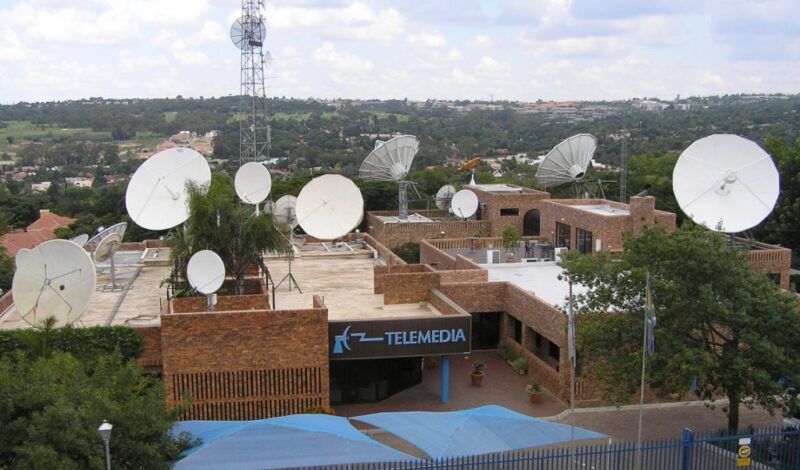
ABS is partnering with Telemedia, a broadcasting and teleport service provider in South Africa, to improve its service offerings to customers in the Middle East and Africa region (MEA). ABS announced Monday that the company will gain access to a full suite of telecom services provided by Telemedia at its Johannesburg teleport. Telemedia will provide teleport fiber connectivity, data center hosting, and satellite uplink capabilities.
Telemedia said the partnership enables the company to further expand its broadcast and satellite connectivity services in the MEA.
“Our collaboration with Telemedia reinforces and strengthens our presence in the MEA and provides an extension to our global connectivity network,” Ron Busch, ABS’ EVP Engineering and Operations said. “[Telemedia’s] infrastructure offering with a solid track record, excellent customer support and can-do attitude during the COVID-19 pandemic shows its commitment to excellent customer service.”
